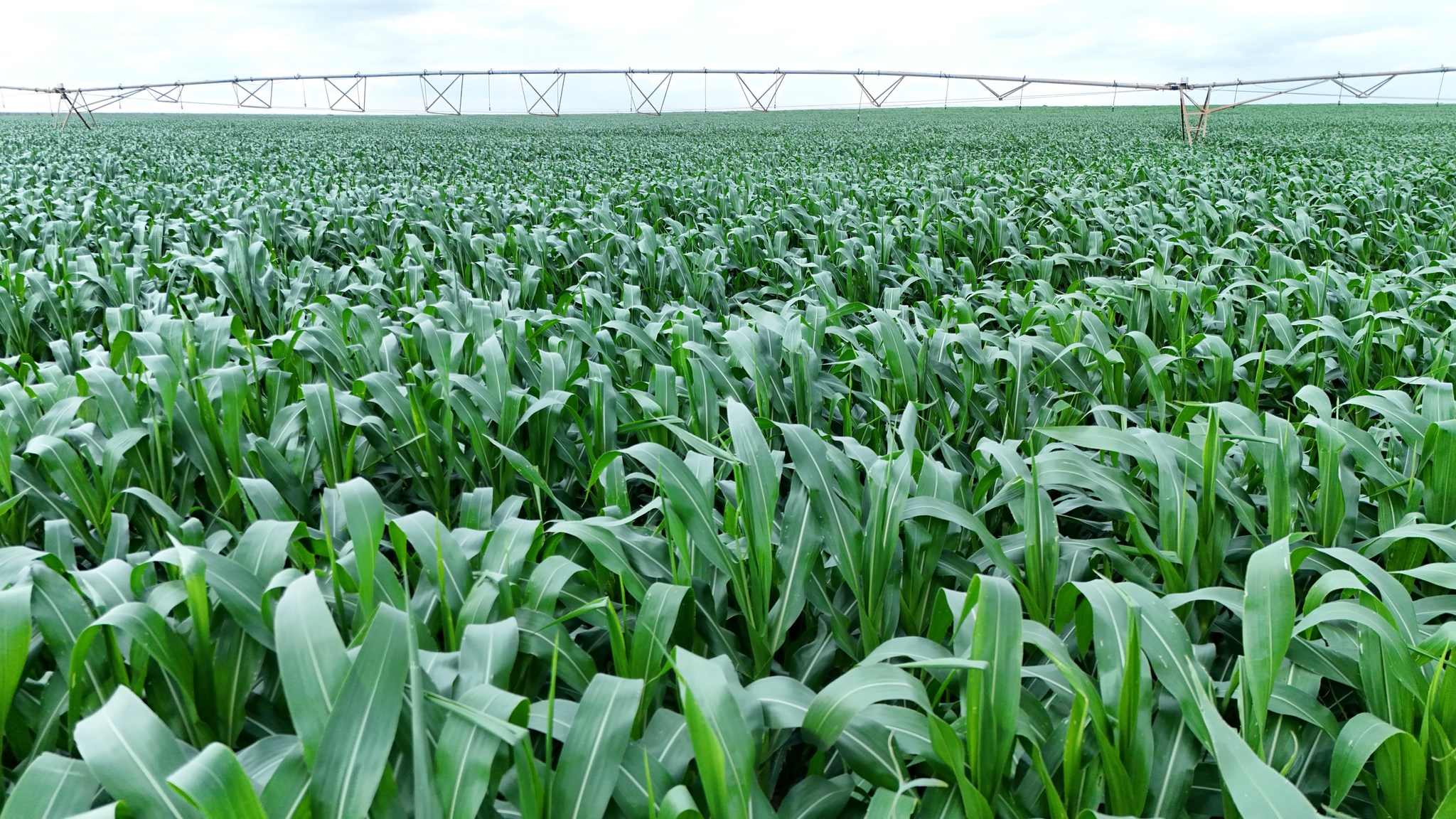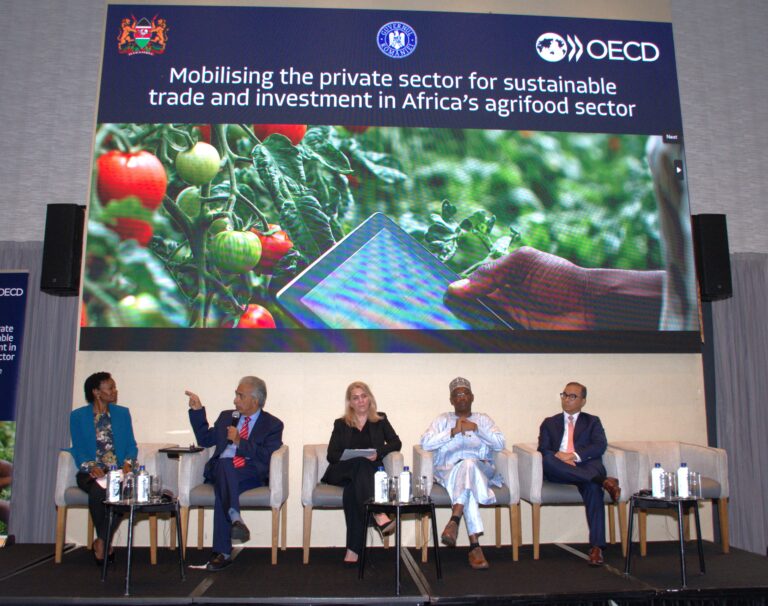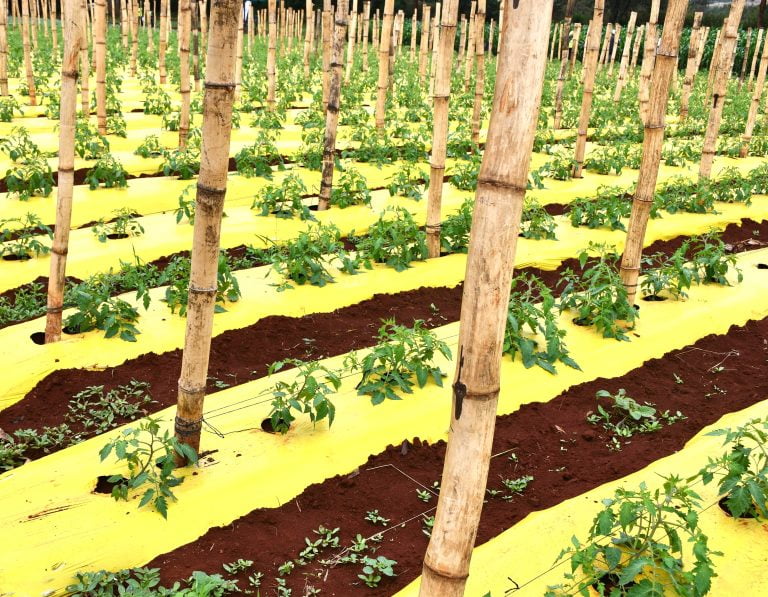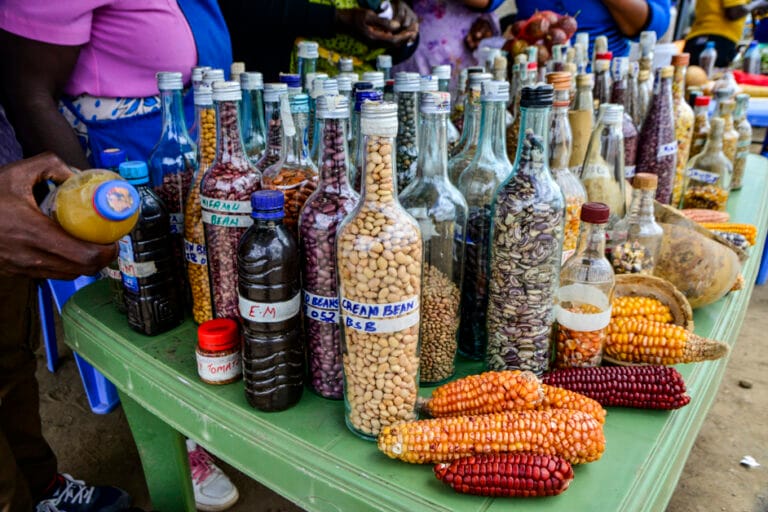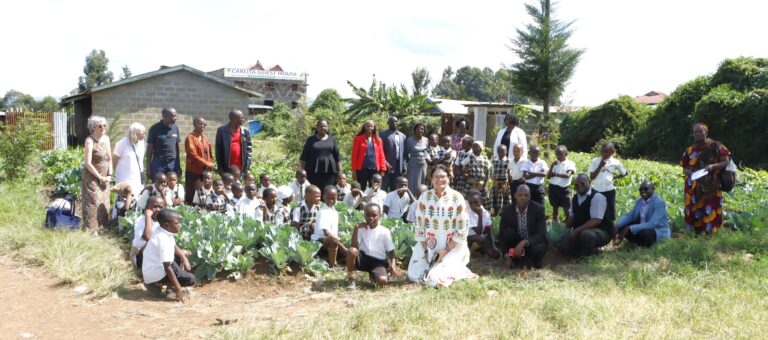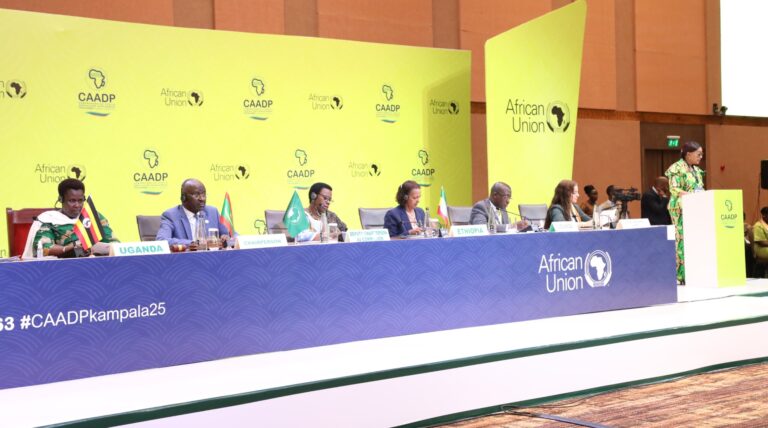By Kimuri Mwangi
The COMESA Competition Commission (CCC) has placed agriculture and food markets at the centre of its regulatory and advocacy agenda, undertaking targeted interventions in 2024 aimed at protecting consumer welfare and ensuring competitive practices in a sector critical to the region’s economy.
According to its 2024 Annual Report, the CCC prioritized agriculture and food markets due to their importance in the livelihoods of millions across the Common Market for Eastern and Southern Africa (COMESA) and their vulnerability to anti-competitive conduct. The Commission identified improper market functioning in these sectors as having potentially severe consequences for consumers, especially low-income households.
The CCC expanded its approach beyond enforcement by deepening research in key agricultural sub-sectors under the African Market Observatory Project. In collaboration with the University of Johannesburg’s Centre for Competition Regulation and Economic Development (CCRED), the Commission investigated structural and policy-related barriers to competition in the fertilizer, meat, and seed markets.
“The CCC was also cognisant that well-functioning markets may be achieved not only through investigations but also through research, which can inform policy amendment and formulation. The CCC was also heedful that its research interventions would be more meaningful in sectors that affect the majority of COMESA’s citizens and are the mainstay of most of the COMESA Member States’ economies. The food and agricultural markets were therefore identified as priority sectors because the improper functioning of these sectors would have significant consequences for the majority of the poor. Therefore, the CCC continued with its research work under the African Market Observatory project in collaboration with the University of Johannesburg’s Centre for Competition Regulation and Economic Development (CCRED). The research identified a number of competition concerns in the food and agricultural markets, which are a product of not only anti-competitive market conduct but also inadvertent anti-competitive policies. The findings of the research and its recommendations were disseminated to various stakeholders, including the Ambassadors of Member States accredited to COMESA, the COMESA Council of Ministers and the public. Through the advocacy work, the CCC working with the Competition Commission of South Africa (CCSA) and the Competition Authority of Kenya (CAK) have played a key role in introducing at global level through the International Competition Network, the importance of competition issues in the agriculture and food markets,” says the Chief Executive Officer, Dr. Willard Mwemba.

A study on the fertilizer sector, currently under review and due for release in 2025, aims to illuminate pricing distortions and structural weaknesses in the supply chain. The meat sector study, completed in 2024, sheds light on consumer experiences and potential entry barriers for producers.
Meanwhile, a new study into the seed market was initiated during the year, with fieldwork expected to begin in 2025.
CC says it will continue undertaking research in the agriculture and food markets, focusing on the sugar and poultry markets in 2025, to understand the competition and consumer welfare dynamics. This will assist in designing appropriate interventions to address observed concerns.
The CCC is also taking policy change as an important aspect to make enforcement easier.
“Noting that research and advocacy are equally important in the enforcement of competition and consumer protection laws as investigations, the CCC’s research findings in the agriculture and food markets were used to advocate for policy changes among different stakeholders. The CCC engaged Member States at different levels, including national competition, consumer protection or competent authorities, as well as Ambassadors from Member States who are permanent representatives to COMESA. The CCC took advocacy to the global level through various fora including the International Competition Network (ICN), Organisation for Economic Cooperation and Development (OECD) and the United Nations Conference for Trade and Development (UNCTAD), to raise awareness on some of the concerns in the agriculture and food markets that affect competition and consumer welfare, as well as hinder their growth,” says CCC Chairperson Commissioner Vipin Naugah.

In its regulatory role, the Commission reviewed several mergers involving agriculture-related companies to assess their impact on competition and consumer welfare.
Among the notable cases was the acquisition by ADM of Marubeni’s stake in Kalama Export Company LLC, a transaction involving agricultural commodities. Another was Cargill’s purchase of Croda’s performance technologies division, which included interests in animal nutrition and crop protection. Both were cleared unconditionally after assessments revealed no substantial competition concerns.
The acquisition of Bear Flag Robotics by Deere & Company was also approved. The transaction, involving autonomous driving technology for agricultural equipment, was deemed beneficial for agricultural innovation in the region.
While these mergers were cleared, the CCC emphasized their importance in monitoring market consolidation trends that could potentially affect farmers, traders, and consumers.
The Commission’s advocacy efforts extended into multi-stakeholder engagements and public awareness campaigns focused on transparency and fairness in food systems. It partnered with national authorities such as the Competition Authority of Kenya (CAK) and the Competition Commission of South Africa (CCSA) to raise the profile of agricultural competition concerns internationally.
Notably, the CCC signed a memorandum of understanding with the Shamba Centre for Food and Climate Change to integrate food system sustainability into competition discourse.
These partnerships reflect the Commission’s commitment to aligning competition policy with broader development goals, including climate resilience and regional integration.
In 2024, the CCC provided technical support to several Member States aimed at bolstering national enforcement of competition laws. Support included assistance in drafting and amending laws in countries such as Eswatini, Egypt, and Djibouti, and the development of enforcement guidelines for Rwanda.
Specialized training for case handlers focusing on mergers, restrictive practices, and consumer welfare was also conducted, targeting countries including Comoros, Democratic Republic of Congo, Libya, Zambia, and Zimbabwe.
While consumer protection complaints in 2024 were predominantly in the aviation, ICT, and manufacturing sectors, the CCC noted the growing relevance of the agriculture sector in consumer discourse. The findings from ongoing and completed market studies are expected to drive a more direct focus on consumer outcomes in food markets as 2025 unfolds.
As the COMESA region grapples with inflation and macroeconomic instability, the CCC’s work in agricultural markets positions it as a key player in promoting fair pricing, safeguarding market access for smallholders, and ensuring that competition policy contributes meaningfully to regional development.
The 2024 Annual Report paints a picture of a Commission increasingly assertive in its mandate, not only policing markets but also shaping the policy landscape in ways that serve both producers and consumers in one of Africa’s most vital sectors.


